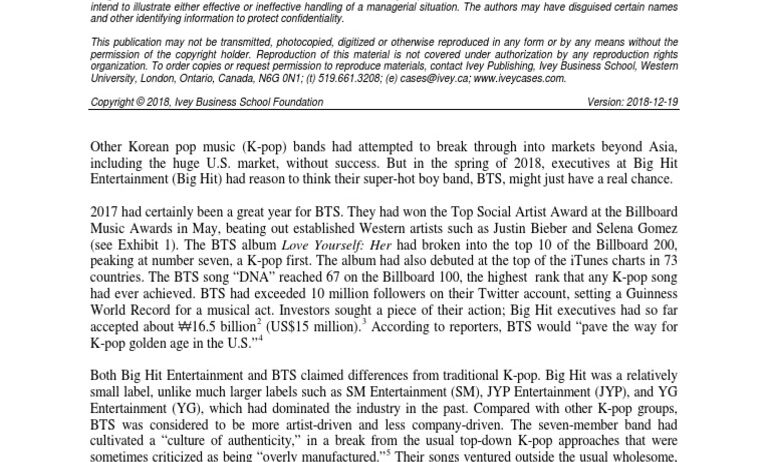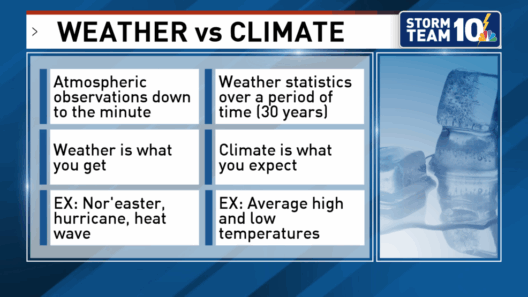South Korea, renowned for its vibrant entertainment industry, particularly K-Pop, captivates global audiences with its mesmerizing performances and unique cultural expressions. Yet, beneath this glitzy exterior lies a critical narrative that remains largely overshadowed—the looming threat of climate change. As the world grapples with the escalating impacts of global warming, South Korea stands at a pivotal juncture, vulnerable to both environmental shifts and the implications of its own industrial practices.
One cannot overlook the juxtaposition of South Korea’s technological advancements and environmental concerns. The nation is often perceived as a leader in innovation, with its electronics and automotive industries making significant contributions to the global economy. However, this progress comes at a cost, particularly with respect to carbon emissions and resource depletion. Industrialization has paved the way for economic growth, yet it has also resulted in substantial ecological footprints that are difficult to mitigate. The urgency of addressing climate change is not just an environmental imperative; it is intertwined with South Korea’s economic future and social well-being.
Climate change manifests in various forms across the South Korean landscape—from rising temperatures and unpredictable weather patterns to increased frequency of natural disasters. The nation has experienced a distressing uptick in heatwaves, extreme rainfall, and typhoons, leading to devastating floods and agricultural disruptions. The agricultural sector, an integral part of the nation’s identity, is notably susceptible to these climatic variations. As crop yields decline and food security becomes increasingly precarious, the ripple effects of climate change may exacerbate socio-economic disparities among communities.
Furthermore, the coastal regions of South Korea face an imminent threat from rising sea levels. With a significant portion of the population residing near the coast, the prospect of inundation looms large. Urban centers like Busan and Incheon, with their bustling harbors and thriving economies, are at heightened risk. The potential displacement of communities and the loss of critical infrastructure underscore the severe ramifications of neglecting climate action. True sustainability cannot be achieved if the thriving cultural landscape is sacrificed to the relentless tides of environmental decline.
Another critical dimension of this discourse is the role of public awareness and activism. South Korea has seen a burgeoning movement advocating for environmental reform and climate justice. Young activists, inspired by movements worldwide, are increasingly vocal about their demand for governmental accountability and sustainable practices. This grassroots mobilization fosters a sense of urgency and empowerment, driving home the message that climate change is not merely an abstract concern but an urgent reality that requires immediate action.
Yet, while the youth advocate for change, older generations may hold differing perspectives shaped by decades of prioritizing economic growth. The challenge lies in reconciling these viewpoints, fostering a collective understanding of the nexus between economic prosperity and environmental stewardship. A paradigm shift is necessary, where economic growth is no longer equated solely with industrial expansion but rather with sustainable development that harmonizes ecological integrity and societal welfare.
The government response to climate change has evolved in recent years, with policies aimed at reducing carbon emissions and promoting renewable energy sources. South Korea’s Green New Deal, introduced in response to the socio-economic fallout of the COVID-19 pandemic, aims to transition the economy toward sustainability while creating jobs in green sectors. This initiative represents a critical step forward, emphasizing the need for innovation in clean energy, efficient public transportation, and sustainable urban planning.
However, the effectiveness of these initiatives hinges on diligent implementation and long-term commitment. South Korea is navigating a complex juxtaposition of maintaining economic competitiveness while adhering to environmental commitments. This balancing act necessitates collaboration across all sectors—government, businesses, and civil society—to foster a resilient and adaptive framework for climate action.
Moreover, the cultural dimensions of climate change must also be acknowledged. The profound connection South Koreans have to their land and cultural heritage places the responsibility of preservation onto society as a whole. South Korean folklore rich in environmental themes can serve as a conduit for reinvigorating environmental ethics and instilling a reverence for nature within the populace. Educational systems can encompass these narratives to foster a generation grounded in sustainability and ecological respect.
As South Korea grapples with the multifaceted challenges posed by climate change, there is a profound opportunity to redefine its global identity beyond entertainment and technological prowess. The narrative can shift towards being a leader in sustainable innovation, showcasing its commitment to environmental stewardship. Embracing this ethos not only serves the ecological needs of the nation but also appeals to an increasingly eco-conscious global audience.
In conclusion, the depth of South Korea’s challenges related to climate change is palpable, extending beyond immediate environmental effects to touch on economic resilience and cultural integrity. Addressing these challenges requires a multifaceted approach, prioritizing sustainability while fostering economic vitality. As the world watches, South Korea stands on the precipice of transformation, with the potential to emerge as a beacon of hope in the fight against global warming—shifting the narrative from mere entertainment to a profound commitment to a sustainable future. It is within this promise where the true resilience of the nation lies, ready to navigate the climate complexities of the 21st century.







